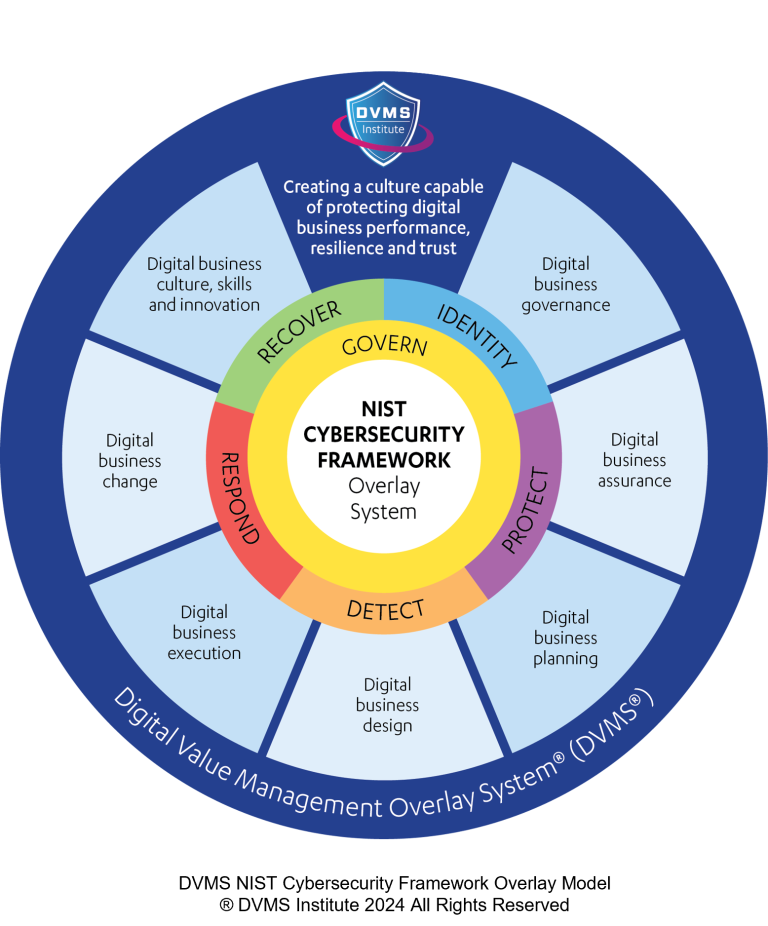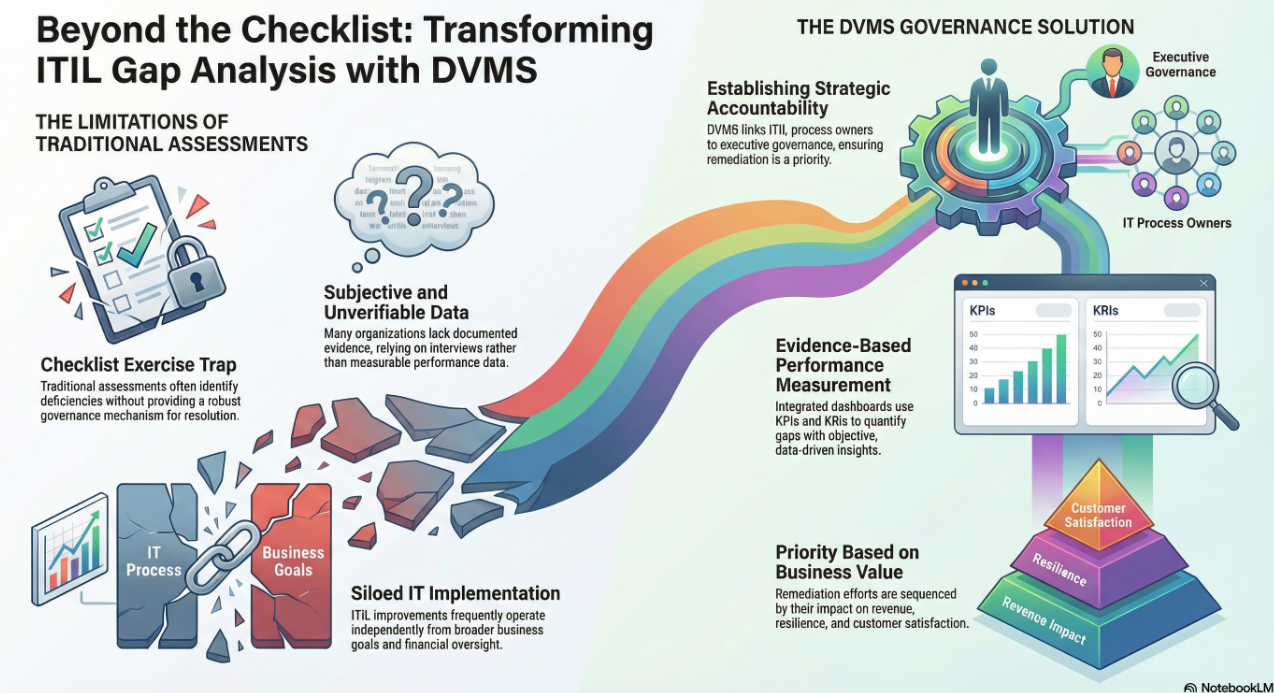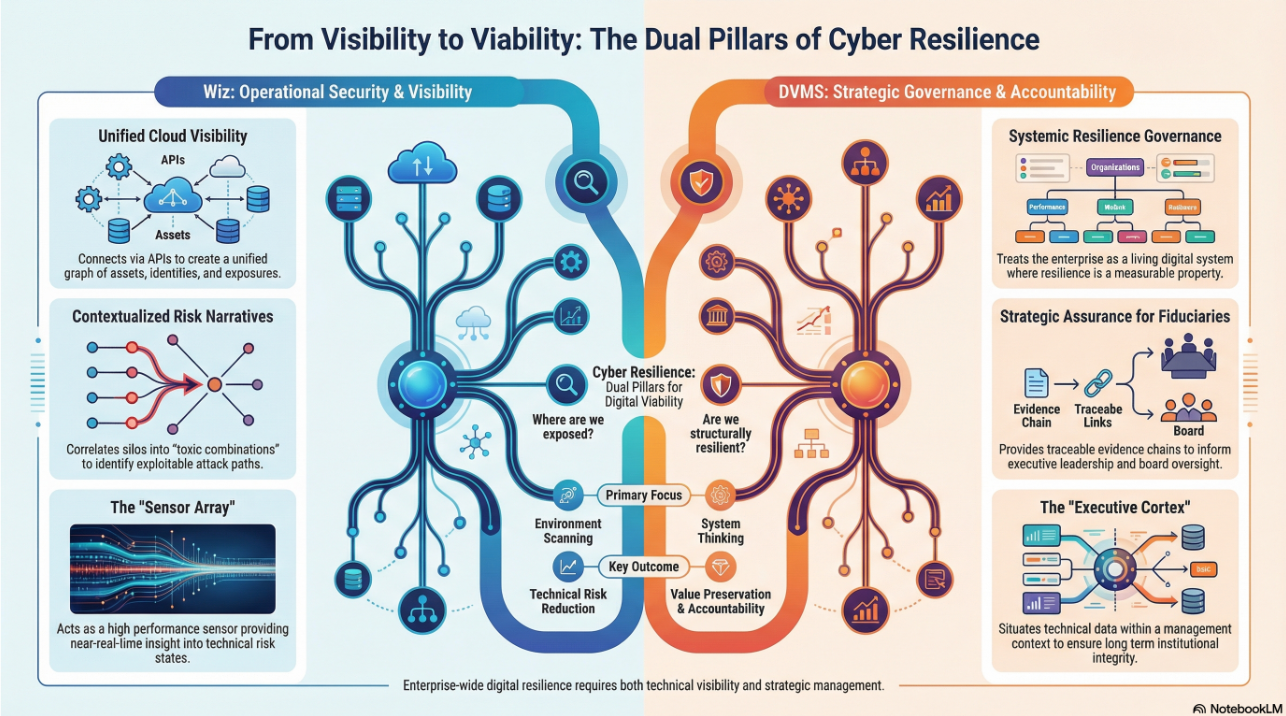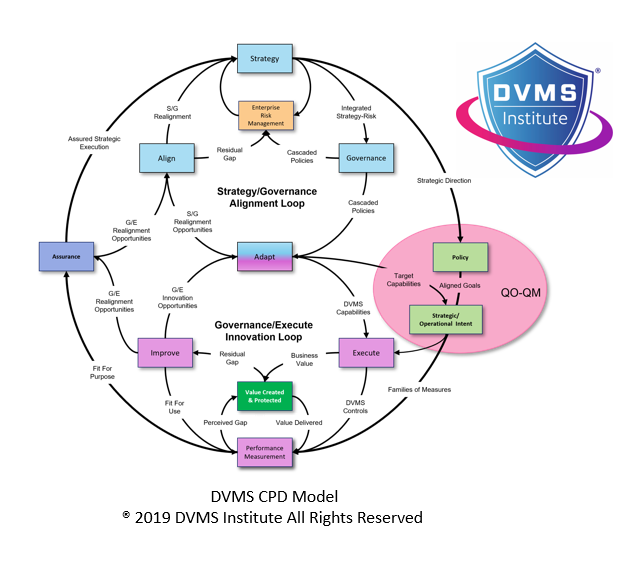Human Resource Professionals: The Human Face of Cyber Risk
Rick Lemieux – Co-Founder and Chief Product Officer of the DVMS Institute
The role of Human Resources (HR) in cybersecurity is often overlooked, yet it is a critical component of a comprehensive risk management program. HR professionals are uniquely positioned to influence employee behavior, manage sensitive data, and contribute to a strong security culture.
At the heart of HR’s cybersecurity role is the management of employee data. HR departments possess a wealth of sensitive information, including personal details, financial records, and health data. Safeguarding this information requires robust security measures, from secure data storage to access controls. HR professionals must collaborate closely with IT and security teams to ensure employee data is handled with the utmost care.
Employee awareness and training are essential to a strong cybersecurity posture. HR can be pivotal in developing and delivering comprehensive security awareness programs. By incorporating cybersecurity into employee onboarding, ongoing training, and performance evaluations, HR can foster a security culture throughout the organization.
Furthermore, HR professionals are responsible for crafting and enforcing employee policies and procedures. These policies should address password management, remote access, and acceptable use of company devices. By communicating these policies clearly and consistently, HR can help prevent accidental security breaches.
HR also plays a critical role in managing employee offboarding. Ensuring the proper termination of company systems and data access is essential to prevent unauthorized access. HR professionals must work closely with IT to develop a seamless offboarding process that includes de-provisioning accounts, returning company equipment, and securely disposing sensitive information.
Insider threats pose a significant risk to organizations. HR can contribute to mitigating this risk by conducting thorough background checks, implementing employee monitoring programs (when legally permissible), and establishing reporting mechanisms for suspicious behavior. By fostering a culture of trust and open communication, HR can encourage employees to report concerns without fear of retaliation.
Additionally, HR can assist in incident response planning by identifying key personnel and their roles in the event of a security breach. By understanding the impact of a violation on the workforce, HR can help develop strategies for employee communication and support.
In conclusion, HR professionals are essential partners in cybersecurity risk management. By focusing on employee awareness, data protection, and policy enforcement, HR can significantly contribute to an organization’s overall security posture. A collaborative approach between HR, IT, and security teams is crucial for building a strong security culture and mitigating risks.
As the threat landscape evolves, HR’s role in cybersecurity will become increasingly important. By investing in HR’s cybersecurity expertise, organizations can strengthen their defenses and protect their most valuable asset: their people.
About the Author

Rick Lemieux
Co-Founder and Chief Product Officer of the DVMS Institute
The DVMS Institute teaches organizations of any size, scale, or complexity an affordable approach to mitigating cyber risk to protect digital business performance, resilience, and trust.
Rick has 40+ years of passion and experience creating solutions to give organizations a competitive edge in their service markets. In 2015, Rick was identified as one of the top five IT Entrepreneurs in the State of Rhode Island by the TECH 10 awards for developing innovative training and mentoring solutions for boards, senior executives, and operational stakeholders.
® DVMS Institute 2024 All Rights Reserved




